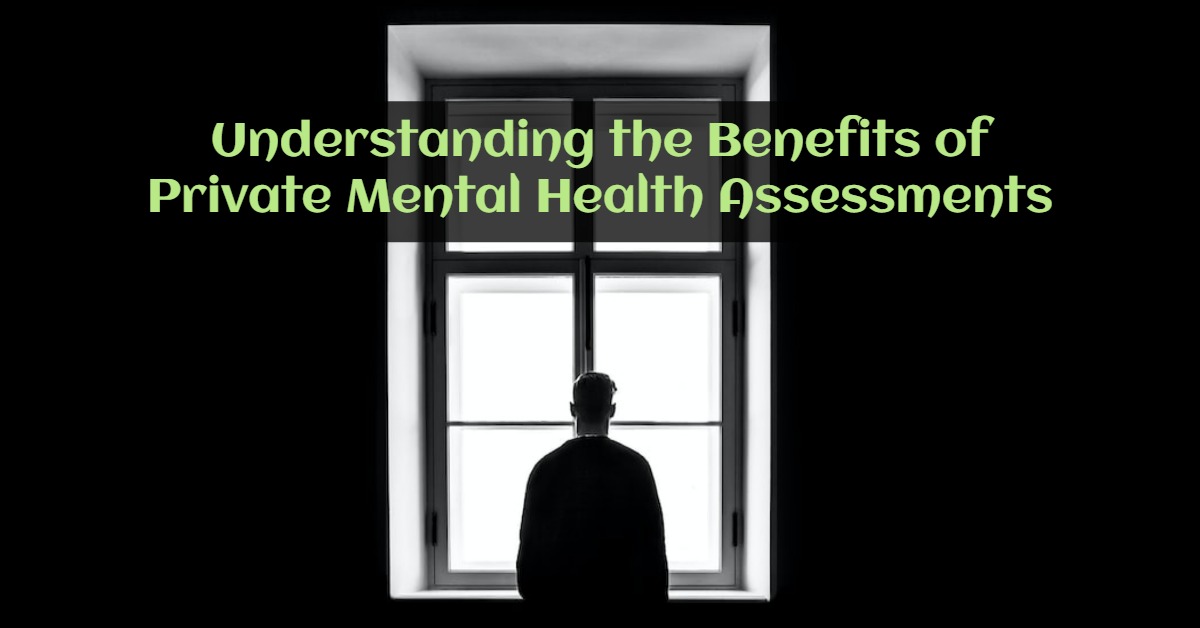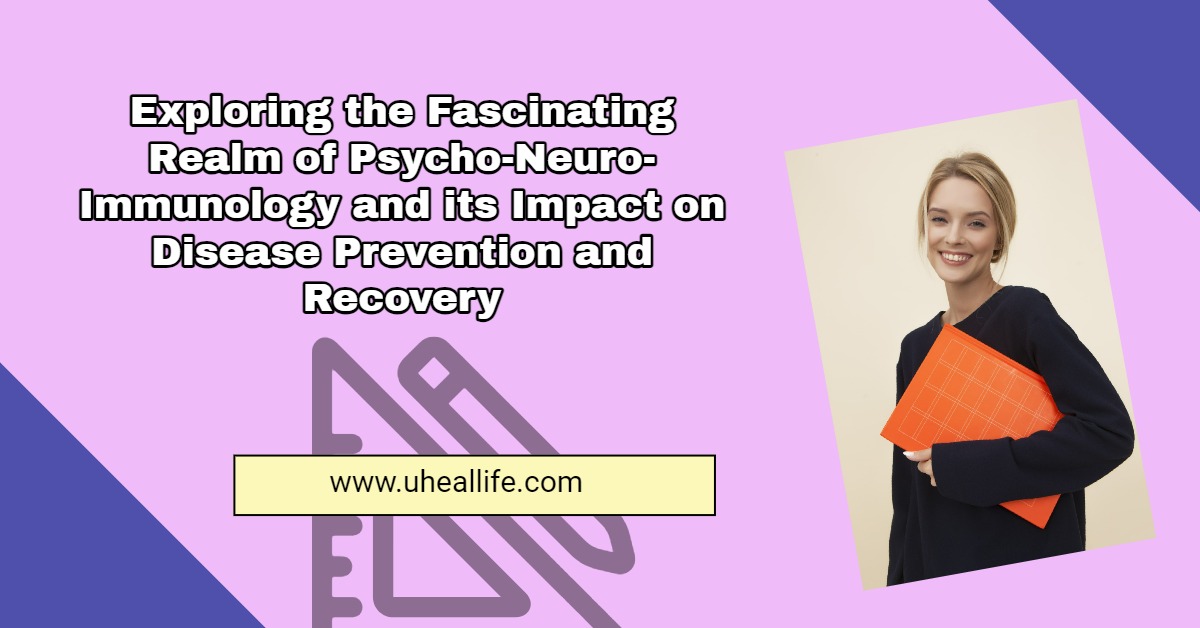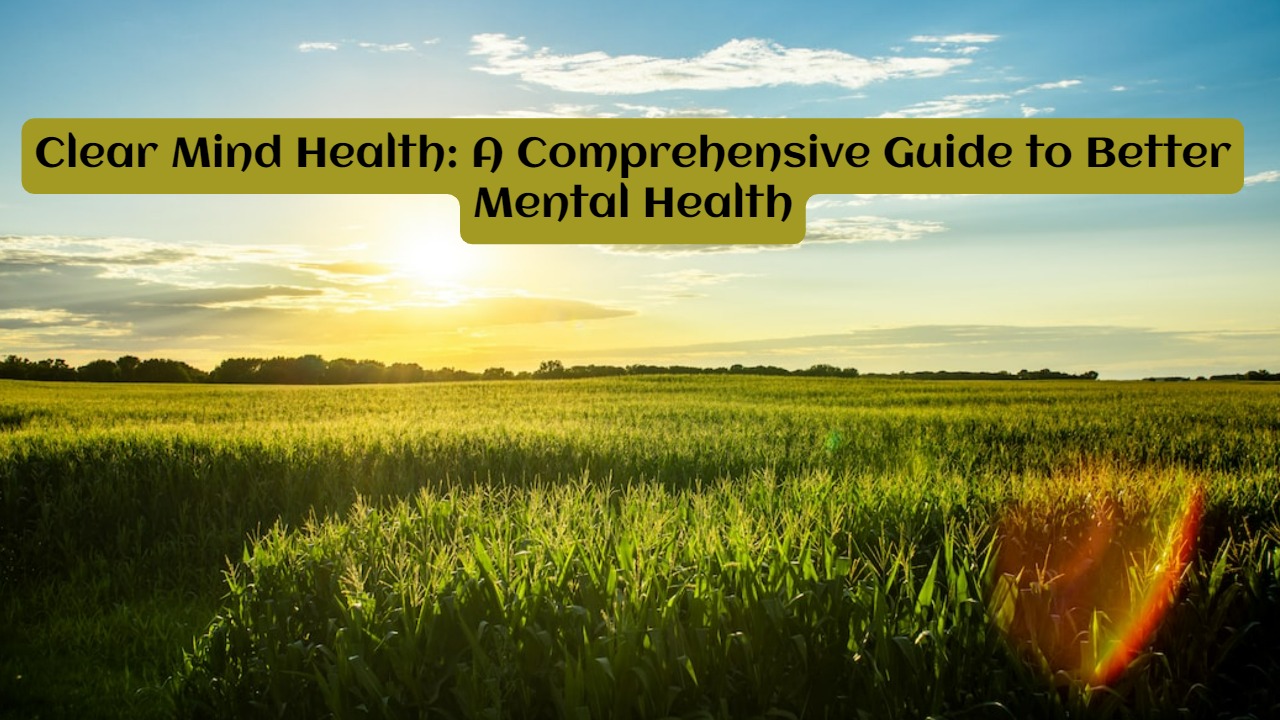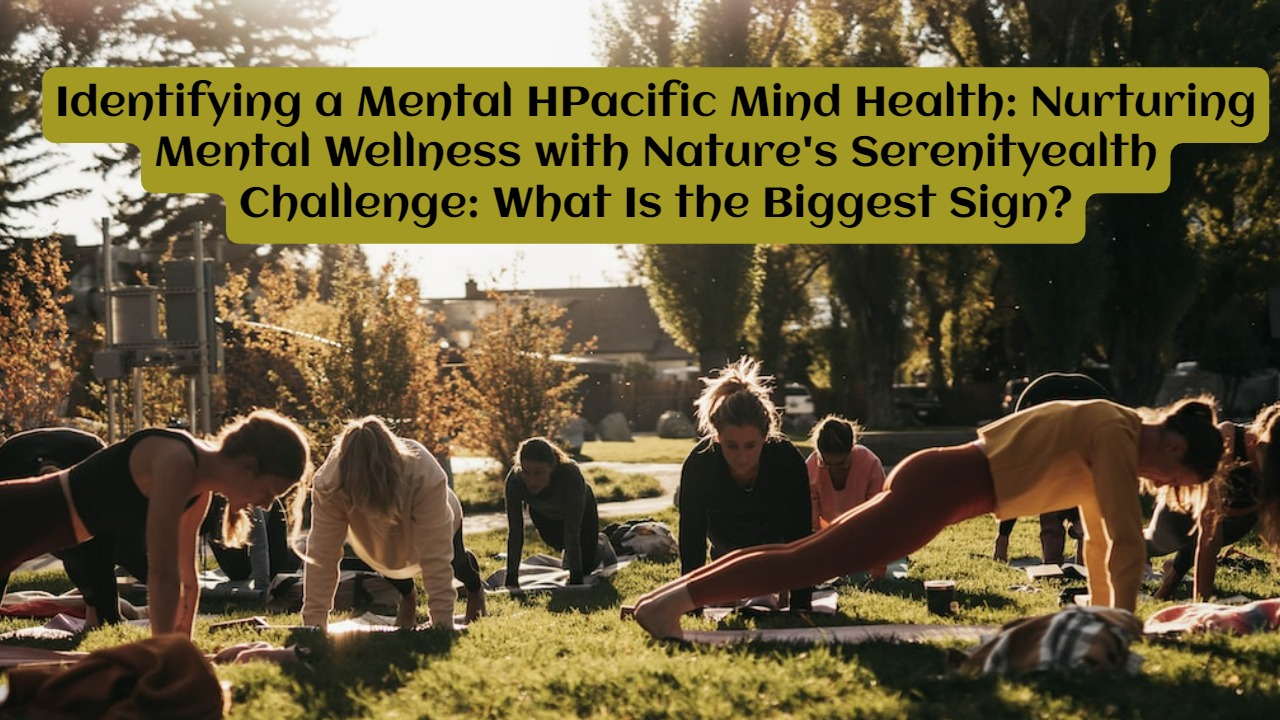Understanding the Benefits of Private Mental Health Assessments
In recent years, the importance of mental health has gained significant recognition. As more people seek professional help to address their mental well-being, private mental health assessments have become increasingly popular. These assessments provide individuals with a comprehensive evaluation of their mental health, helping them gain a deeper understanding of their emotional state, identify potential disorders, and receive tailored treatment plans. In this blog, we will explore the benefits of private mental health assessments and why they are a valuable resource for anyone striving to improve their mental well-being.
Access to Specialized Care:
One of the key advantages of private mental health assessments is the opportunity to receive specialized care from experienced professionals. These assessments are typically carried out by licensed psychologists or psychiatrists who have extensive knowledge and expertise in diagnosing and treating mental health disorders. By opting for a private assessment, individuals can have peace of mind knowing that they are receiving personalized attention from professionals who are well-versed in the complexities of mental health.
Comprehensive Evaluation:
Private mental health assessments offer a thorough evaluation of an individual’s mental well-being. Through various diagnostic tools, interviews, and assessments, mental health professionals can gather comprehensive information about a person’s emotional state, personal history, and symptoms. This holistic approach ensures a deeper understanding of the individual’s mental health, allowing for more accurate diagnoses and personalized treatment plans.
Early Detection and Intervention:
Timely detection and intervention are crucial when it comes to mental health disorders. Private mental health assessments can help identify potential issues early on, enabling individuals to take proactive steps towards effective treatment and management. By catching mental health concerns at an early stage, individuals can prevent further complications, improve their quality of life, and minimize the impact of these disorders on their overall well-being.
Tailored Treatment Plans:
A significant benefit of private mental health assessments is the development of personalized treatment plans. Based on the evaluation results, mental health professionals can create tailored strategies that address the specific needs and challenges of each individual. These treatment plans may include therapy sessions, medication recommendations, lifestyle modifications, and self-help techniques. The personalized approach ensures that the individual receives the most effective methods for managing their mental well-being.
Confidentiality and Privacy:
Private mental health assessments prioritize confidentiality and privacy. This creates a safe space for individuals to openly discuss their concerns without fear of judgment or breach of confidentiality. Having a secure environment to express emotions and share personal experiences significantly contributes to the effectiveness of the assessment process. Knowing that their privacy is protected allows individuals to be more forthcoming and honest during their evaluation, leading to more accurate diagnoses and effective treatment plans.
Flexibility and Convenience:
Private mental health assessments offer flexibility and convenience that may not be available in other healthcare settings. Appointments can typically be scheduled at a time that is convenient for the individual, reducing wait times and ensuring prompt access to care. Moreover, private assessments may provide options for online or remote consultations, making it easier for individuals to seek professional help regardless of their location or physical mobility.
Conclusion:
Private mental health assessments have emerged as a valuable resource for individuals









